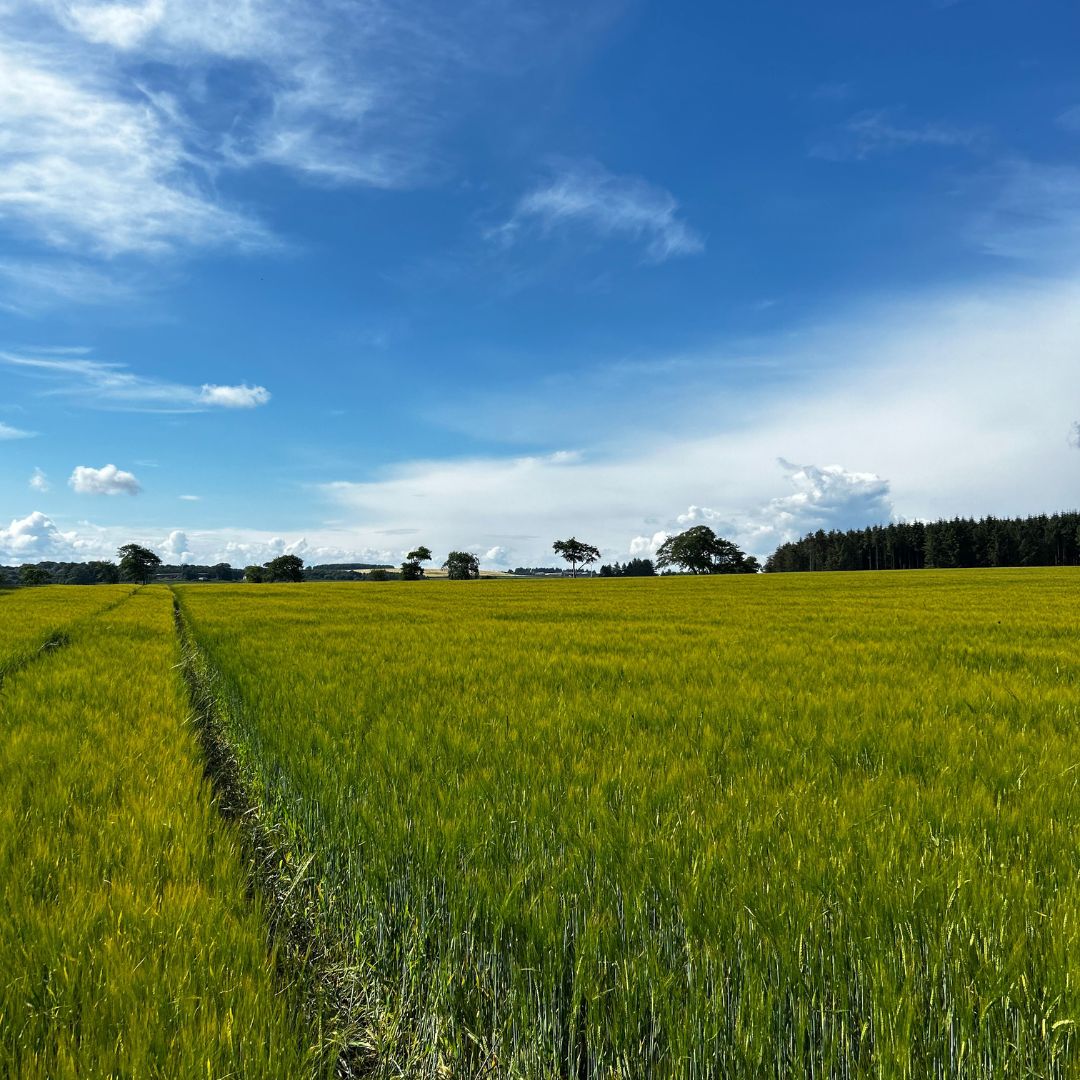The Scottish Government has unveiled new steps required to qualify for the Basic Payment Scheme. Under the ‘conditionality’ test, farmers must undertake at least two of the five elements of the Whole Farm Plan (WFP) before 15 May 2025.
The Government published the update on the Agricultural Reform Route Map in June, detailing new requirements for the single application form (SAF) for 2025. The WFP is aimed at helping businesses lower greenhouse-gas emissions and increase efficiency.
Each component of the plan is intended to promote an achievable transition to sustainable farming:
- Animal Health & Welfare Plan
- Biodiversity Audit
- Carbon Audit
- Integrated Pest Management Plan
- Soil Analysis
Farmers across Scotland will continue to receive their Basic Payment Scheme (BPS) subsidy in 2025 but will be required to qualify by completing at least two of the five audits applicable to their business by 15 May 2025. By that date, every farmer and crofter must have carried out all of the audits that make up the Whole Farm Plan which are applicable to their business as a condition of receiving Scottish Government agricultural support payments.
Changes to practice
The Animal Health & Welfare Plan is to encourage businesses to improve the health and welfare of their livestock, to improve production efficiency. The Integrated Pest Management Plan aims to efficiently target the application of pesticides and herbicides to reduce the risk of resistance. These plans must be updated every year. Region 1 land where artificial fertiliser and/or organic manures are applied are required to conduct the Soil Analysis Audit to increase the efficient use of these products to lead to lower agricultural emissions.
The Carbon Audit identifies a business’s main sources of greenhouse gas emissions which can then encourage decision making for potential changes to livestock and land management practices. The Biodiversity Audit is to help farmers better understand the breadth of organic life on their land as well as helping them to maintain and restore it. All these audits must be reviewed every five years.
From first impressions, there is a great deal to take on board, however Galbraith is supporting clients assisted by funding through the Preparing for Sustainable Farming Scheme (PSF). The PSF helps farmers and crofters understand their carbon emissions and sequestration, and identify recommendations that can lower these emissions and increase efficiencies. Three of the five Whole Farm Plan audits which are to be undertaken in 2024 are currently funded as part of the PSF.
Carbon issue
Businesses with livestock can attract £250 for each animal health and welfare intervention. In total livestock farmers could claim over £1,250 over two years. It is important to note that interventions must be completed and approved by 31 December 2024. Any business can claim a standard payment of £500 towards having a Carbon Audit where they have not previously had one or have not had one in more than three years.
If a Carbon Audit has been undertaken, the Soil Analysis and Development Payment is made available. Land managers can claim actual cost up to a calculated maximum value for their soil sampling and with the first claim they will also receive a standard cost payment to cover personal development. The soil sampling analysis must include details of the levels of pH, phosphate (P), potash (K) and carbon in the soil. To claim this payment, Region 1 land should have been claimed on the Single Application Form in the year of sampling.
Some members of the Galbraith Rural Team attended a talk by Nature Scot at the Royal Highland Show in June, to learn their involvement in developing the Biodiversity Audit. Nature Scot revealed its new mobile app ‘Farm Biodiversity Scotland’, which allows farmers to map existing habitats to assess their condition and understand their impact on nature.
Peatland and wetland
From 2025, the Scottish Government Rural Payments and Inspections Directorate (SGRIPD) will check that farmers have the audits and plans they have stated on their 2025 SAF and that they meet the minimum standard to be deemed valid.
Farmers should also be aware of new conditions which will be introduced to Cross Compliance inspections and the Scottish Suckler Beef Support Scheme (SSBSS) in 2025. These include new peatland and wetland standards and changes to the calving interval period which aims to help cut emissions and make beef production more efficient. Calves will only be eligible for a SSBSS payment if their dam has a calving threshold of 410 days or less.
We very much hope that farmers across the country are considering conducting at least two of these required activities if they have not already done so. Farmers are now having to do more on top of their already busy working days in order to receive their subsidy support, but it is expected that these measures will only help them work towards becoming more productive and profitable.
Funding through Preparing for Sustainable Farming is currently in place until 31 December 2024 and clients should contact Galbraith Rural and Agricultural Consultancy Teams for support.
- Natural Capital: Galbraith’s expert advisers guide our clients in realising value in all land uses – by assessing and measuring natural assets, furthering opportunities in biodiversity net gain, and ensuring stakeholders are rewarded fully for their investment in and contribution to delivering ecosystem services and net-zero outcomes.

